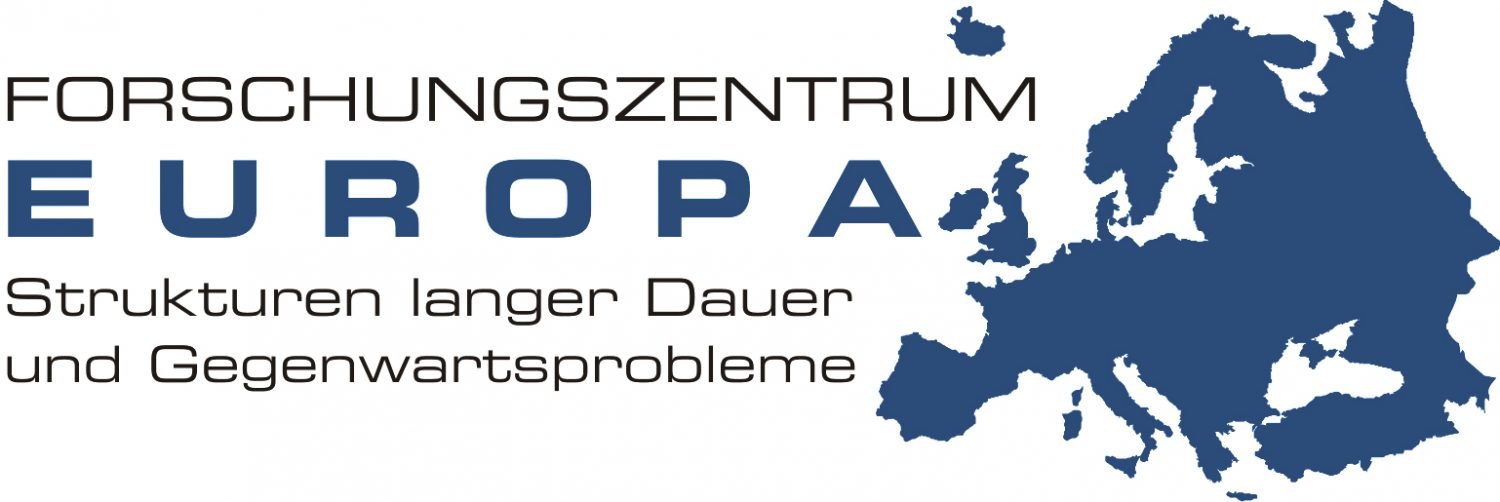My project explores the question of how collaborations or alliances in transnational social movements are produced. More specifically it asks how solidarity becomes possible despite historically constructed particular identities and different positions in the social space.
Situated in political anthropological transnational research, my dissertation investigates the production of cosmopolitan solidarity, i.e. solidarity which is not based on kinship, shared living space or living situations (Karakayali 2013). Following David Featherstone, I understand solidarity as a “transformative relationship” that constructs relations between places, activists and diverse social groups, and which also exists in unequal relationships and between differently positioned actors (Featherstone 2012).
My project focuses on the question of how difference – concerning culture, gender, religion, race etc. – is enacted and mediated in the process of producing solidarity.
Following Paul Rabinow’s approach of an “anthropology of the contemporary”, (collaborative) ethnographic methods will be used, concentrating on social practices. With Science and Technology Studies as well as Practice theory, I understand social practices as always embodied and entangled in the materiality of the world (Beck 2015). Therefore, I will combine two different research sites: The World Social Forum as well as a transnational virtual network, thereby analyzing solidarity produced in face-to-face interactions as well as mediated by digital virtual tools.

